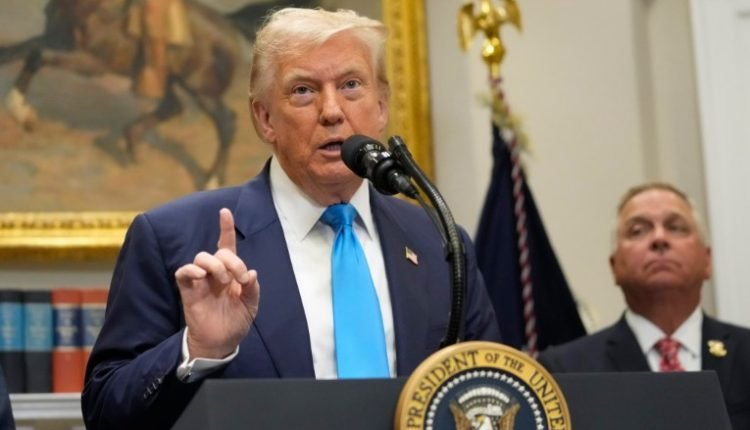New Delhi Snubs Pressure from Washington Over High-Stakes Fighter Jet Deal
In a sharp response to mounting pressure from the United States, India has firmly declined to purchase the F-35 stealth fighter jets, signaling a significant rift in trade and defense relations between the two countries. The decision follows U.S. President Donald Trump’s controversial announcement to impose a 25% tariff hike on Indian goods—seen widely as a move to compel India into major arms deals.
Trump’s Push for F-35 Deal Falls Flat
During Prime Minister Narendra Modi’s visit to the U.S. in February 2025, President Trump made a strong pitch for the F-35 Lightning II—a fifth-generation stealth fighter known for its cutting-edge sensors and radar-evading abilities. The U.S. administration hoped to close a multi-billion-dollar deal, but New Delhi has now delivered a decisive rejection, dealing a setback to American defense ambitions.
India Cites Lack of Clear Offer and Technology Hurdles
India’s Defense Secretary R.K. Singh clarified that no formal offer was ever received from the U.S., and complex rules around technology transfer by the American manufacturer made the deal impractical. Singh stressed that India is committed to maintaining its strategic autonomy and won’t compromise on sovereignty in defense matters.
Cost, Complexity, and Domestic Priorities Weighed Against F-35
The high cost of the F-35—estimated at £64 million per unit—and its equally expensive maintenance were major factors in India’s decision. Even U.S. tech billionaire Elon Musk has criticized the jet as too costly and over-engineered. India is also pursuing its indigenous fifth-generation fighter program, the Advanced Medium Combat Aircraft (AMCA), which it sees as a more sustainable and sovereign alternative.
In addition, the F-35 has faced multiple technical issues and crash incidents globally, further diminishing its appeal to Indian defense planners. India is now exploring other global options, including Russia’s Su-57, while continuing to invest in its domestic aerospace capabilities.
A Strategic Shift Toward Self-Reliance
India’s decision goes beyond rejecting a single defense deal—it underlines a broader commitment to self-reliance and balanced global partnerships. While tensions with the U.S. grow due to new tariffs, India is expected to keep some defense purchases open to maintain strategic ties without compromising its independence.
The Modi government’s focus on indigenous defense manufacturing under the “Aatmanirbhar Bharat” initiative continues to gain momentum, with increased investment and global collaborations that don’t threaten India’s strategic flexibility.
India Sends a Global Message on Sovereignty
By rejecting the F-35 deal under economic pressure, India has made it clear that it won’t succumb to trade coercion or external influence in defense decisions. The move has drawn global attention and could mark a turning point in how emerging powers like India engage with superpowers.
As global diplomacy watches closely, India’s bold stance positions it as a nation willing to defend its autonomy in a multipolar world—setting the tone for future trade and defense negotiations on its own terms.



Comments are closed.